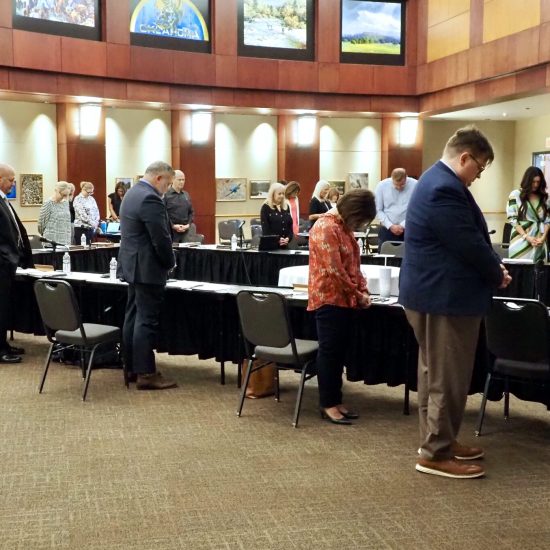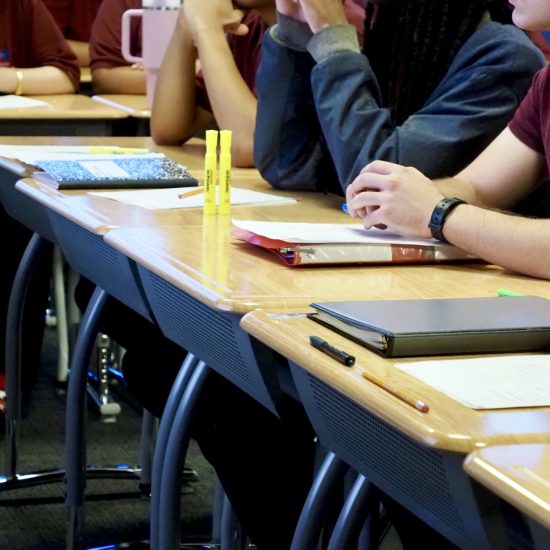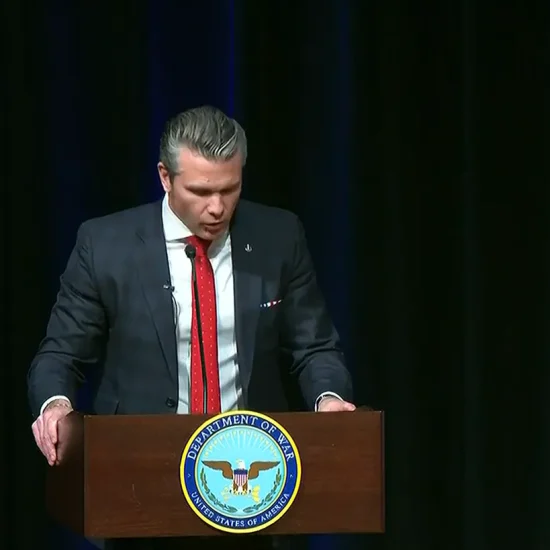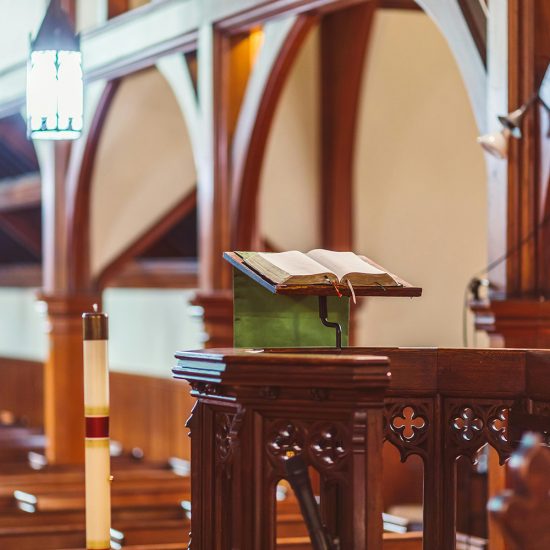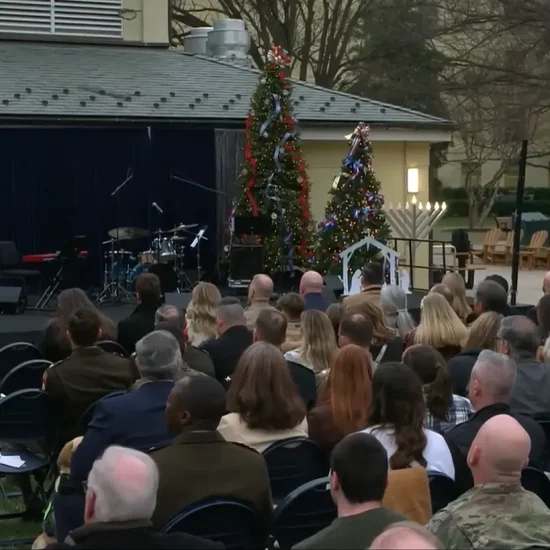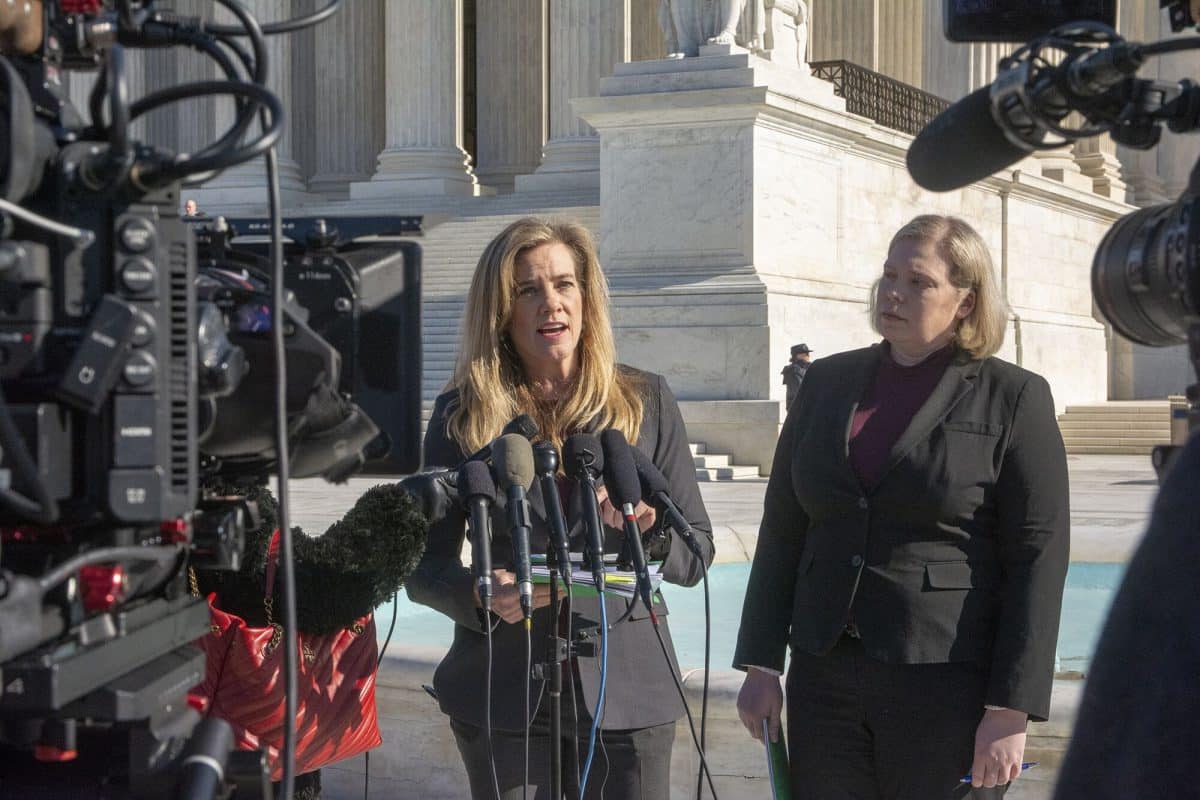
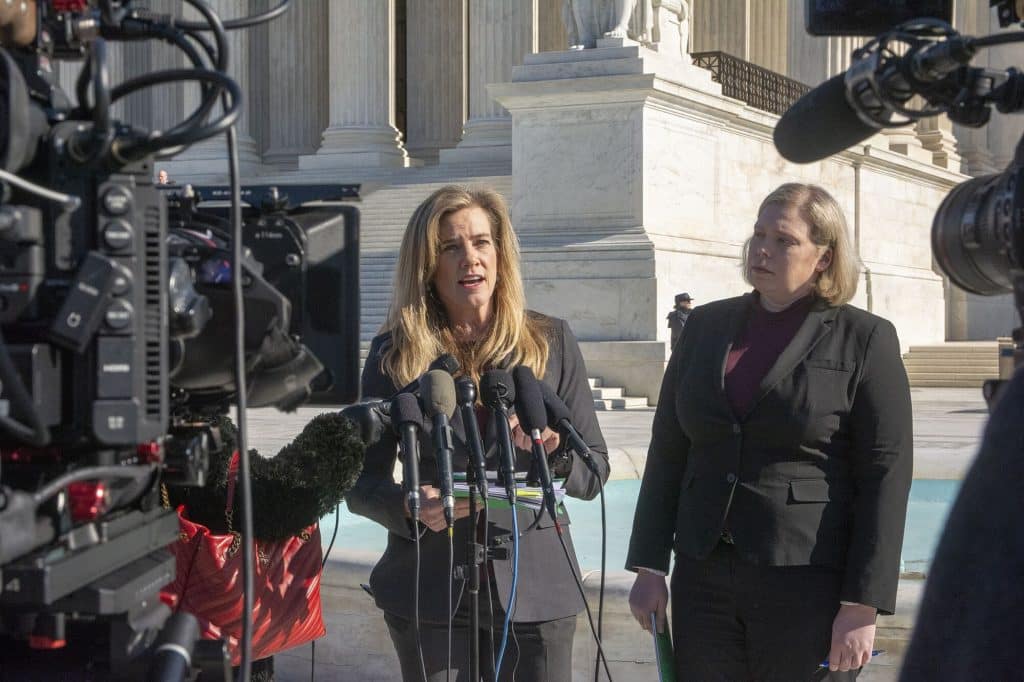
Baptist Joint Committee General Counsel Holly Hollman comments on Espinoza v. Montana Department of Revenue in front of the U.S. Supreme Court after today’s oral arguments.
WASHINGTON – Today, the U.S. Supreme Court heard oral arguments in Espinoza v. Montana Department of Revenue, a case involving a state constitutional ban on government funding of religion. Baptist Joint Committee filed a friend-of-the-court brief in the case that said avoiding government funding of religion is a key protection for religious liberty – the law’s distinct treatment of religion keeps government from interfering in the beliefs and practices of religious schools.
BJC General Counsel Holly Hollman provided the following statement at the Supreme Court after today’s arguments:
“States should not have to fund religious schools. Religion is treated in a unique way in constitutional law, both to avoid its establishment by government and to avoid government interference in its free exercise. This special treatment of religion stems from our country’s deep and abiding commitment to religious liberty for all.
The Supreme Court has long recognized that government may not directly fund religious exercise. So it is neither surprising nor discriminatory that Montana’s constitution, like those in other states, protects religious liberty by avoiding even the indirect funding of religion. No-aid provisions ensure that state funds are preserved for state purposes and not used to advance religion.
The Court should reject blanket attacks on no-aid provisions and uphold Montana’s law that preserves public funding for its public schools.”
BJC’s brief was written with Dr. Steven Green, a professor of law at Willamette University and the nation’s leading expert on religious liberty and state constitutions.
The Evangelical Lutheran Church in America; the General Synod of the United Church of Christ; and the Rev. Dr. J. Herbert Nelson II, as Stated Clerk of the General Assembly of the Presbyterian Church (U.S.A.), joined BJC’s brief.
Additional information and to BJC’s brief in this case can be found at BJConline.org/Espinoza.


